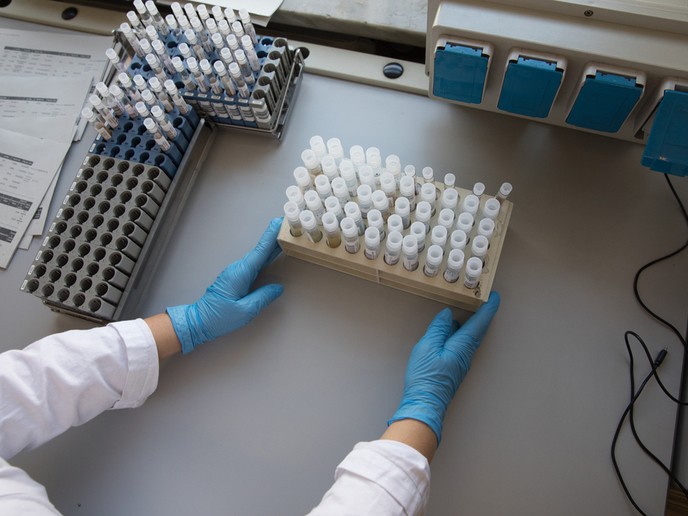Mapping the global molecular diagnostics industry for COVID-19 tests
Together with measures like social distancing and self-isolation, quality testing is an essential part of efforts to tackle the COVID-19 pandemic. With testing strategies adopted by different countries under intense scrutiny, it’s also crucial to analyse the global molecular diagnostics industry and the changing regulatory landscape. Enter the EU-funded CANCERSCREEN project that has built a comprehensive global data set of over 800 companies in this field, including more than 300 firms producing/developing tests for COVID-19. The companies in the database(opens in new window) are based primarily in Europe, North America and Asia Pacific. The data includes information on the size, location, ownership, and technological and clinical focus of these companies. As noted in a blog(opens in new window) related to the database, the global molecular diagnostics industry has three main clinical markets. Their tests focus on different issues, where “genetic disease testing involves looking at what is called germline DNA – the genes that the individual inherits from their parents; cancer genomics generally involves looking at what is called somatic DNA – the genetic make-up of the cancer tumour (but sometimes it also involves testing the patient’s germline DNA); infectious disease testing involves identifying an infection by looking at the DNA of the invective agent (mostly a virus).”
Asia Pacific leading
In a European Research Council news item(opens in new window), Dr Stuart Hogarth from CANCERSCREEN project host the University of Cambridge summarises the trends in the development and commercialisation of COVID-19 tests. “Asia Pacific has more molecular diagnostics firms (40 % of all firms) than either USA (29 %) or Europe (28 %), but the region is even more dominant in the COVID-19 market, with 55 % of all firms.” He says that the Asia Pacific countries’ dominance is also observed in the number of firms with a test on the market. “In Asia Pacific 90 % of firms have a test on the market, in Europe 78 % and in the USA 67 %. The lag is striking, because it mirrors the global spread of the pandemic, starting in Asia Pacific and then moving to Europe and then North America. It suggests that perhaps firms could have responded more quickly when the pandemic began, which might have helped with ramping up capacity.” Dr Hogarth also points to the role of domestic firms in the commercialisation of tests. “In Germany and South Korea – the two countries seen as having the most comprehensive testing strategies – domestic firms are more likely to have commercialised their tests compared with countries like the USA and UK, which are seen as failing in their testing strategies. In South Korea and Germany 88 % and 80 % of firms have commercialised tests, but in the UK the figure is 54 % and in the USA it is 67 %.” He adds: “There may be multiple reasons for the gap, and the pattern is not consistent across all nations, but our data does suggest that strong leadership by the national government may play a role in industry responsiveness, at least at the extremes of leaders and laggards … If the EU is to address the danger of poor quality tests, then further action must be taken.” The CANCERSCREEN (Screening for cancer in the post-genomic era: diagnostic innovation and biomedicalisation in comparative perspective) project will run until September 2021. It focuses on three site-specific cancers: prostate, lung and bowel. For more information, please see: CANCERSCREEN project(opens in new window)



